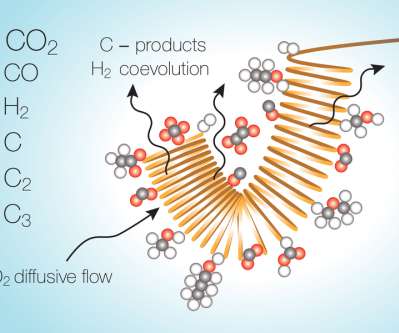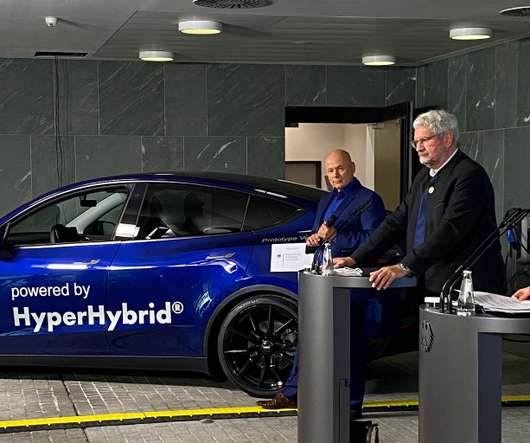MIT researchers propose mechanism for overcoming bottleneck in electroreduction of CO2
Green Car Congress
JANUARY 14, 2022
Researchers at MIT have identified , quantified, and modeled a major reason for the poor performance of electroreduction processes to convert CO 2 to fuel or other useful chemicals. The research was supported by Shell, through the MIT Energy Initiative. A paper on their work is published in the ACS journal Langmuir.


































Let's personalize your content